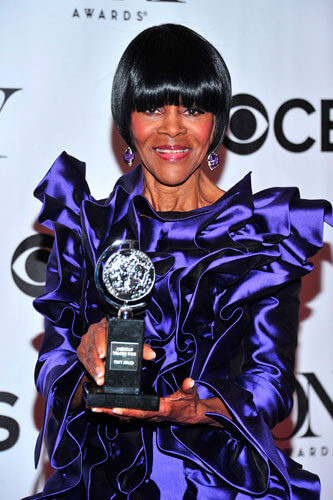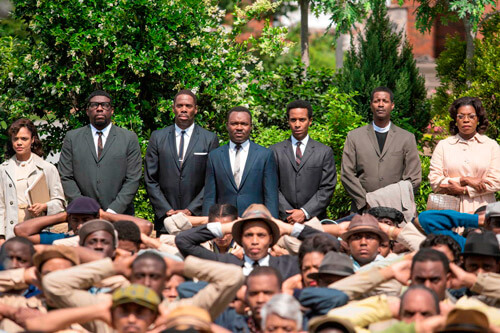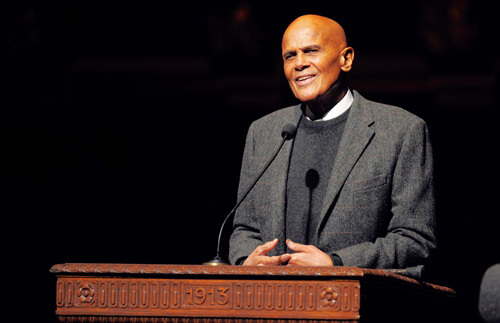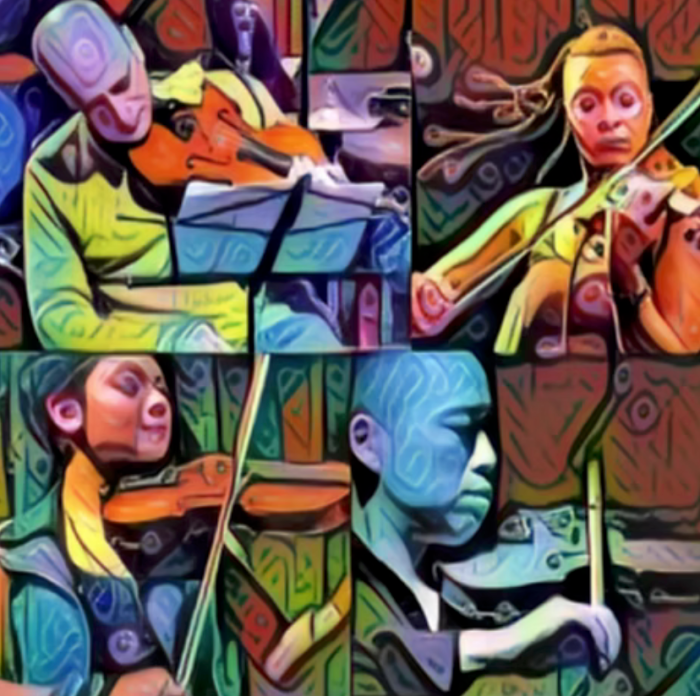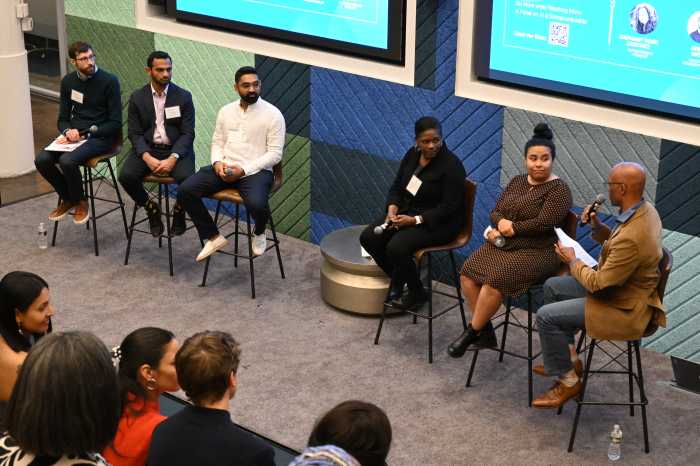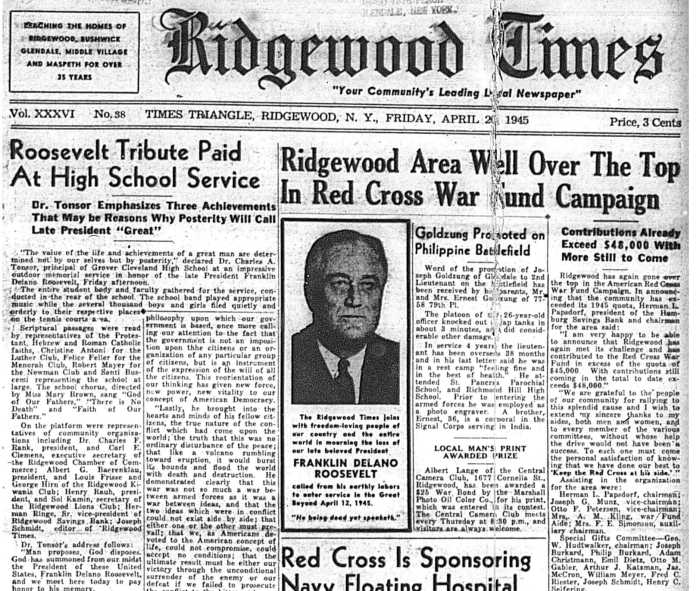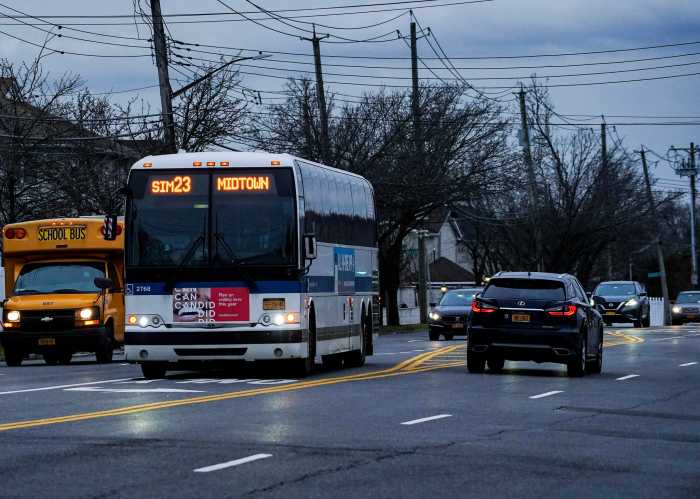Caribbean community leaders in New York on Tuesday expressed sadness on the passing of civil rights and entertainment icon Harry Belafonte.
Belafonte’s publicist, Ken Sunshine, said the trailblazing actor and singer, whose mother hailed from Jamaica, died on Tuesday of congestive heart failure at his New York home, with his wife, Pamela, by his side. He was 96.
“I am heartbroken by the passing of my dear family friend, Harry Belafonte,” Caribbean American Congresswoman Yvette D. Clarke, first vice chair of the Congressional Black Caucus, told Caribbean Life. “As a fellow child of Jamaican immigrants, Harry will always have a special place in my heart. He made an indelible mark on history by defining what it means not only to be a Black artist but also a Black activist.
“Harry was one of the first Black performers to gain a wide following on film and to sell a million records as a singer,” added Clarke, who represents the primarily Caribbean 9th Congressional District in Brooklyn. “He won a Tony Award in 1954 and then became the first Black performer to win an Emmy.”
The congresswoman noted that Belafonte’s album, Calypso, “which ignited America’s infatuation with Caribbean rhythms, became the first officially certified million-selling album by a solo performer.
“But Harry forged an even greater legacy after he took a step back from his performing career,” she said. “Harry helped organize protests, raised support for them, and often participated in marches and benefit concerts.
“He worked closely with his friends and civil rights leaders, including Rev. Martin Luther King and Andrew Young, and never held back from prioritizing civil rights with world leaders, from the Kennedys to President Barack Obama,” Clarke added. “Harry was a central figure in ending apartheid in South Africa, as well as freeing Nelson Mandela. After Mandela was freed, Harry was chosen by the African National Congress to orchestrate Mandela’s tour of America.
“Harry Belafonte was a superstar whose activism was an art that benefited humanity,” she continued. “His legacy will continue to live within us all.”
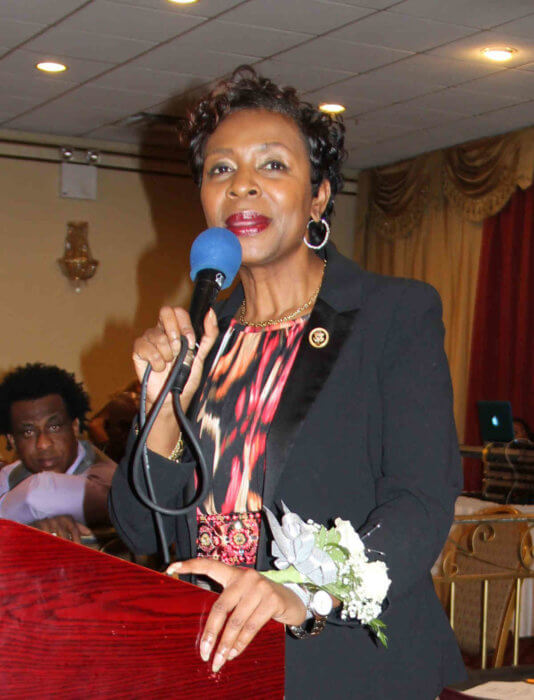
New York City Public Advocate Jumaane Williams, the son of Grenadian immigrants, said Belafonte was “a trailblazer in music history and a titan in the civil rights movement.”
“In his art and his activism, he was unapologetic and undaunted by the barriers before him, which he went on to break,” Williams told Caribbean Life. “I mourn this enormous loss together with the entire city and all who were impacted by his songs and his story.
“As a fellow Black New Yorker of Caribbean heritage, I was honored to meet Mr. Belafonte and learn from his experience and example,” he added. “His political and civic engagement, his righteous anger in the face of injustice, continued throughout his long life.
“His legacy continues not only in his songs that have survived generations but in the change he helped to create for generations to come,” Williams continued. “May we all aspire to follow the steps of Harry Belafonte, and his lifelong, selfless, and concrete support of civil rights.”
According to Biography.com, actor, singer and activist Harry Belafonte achieved “lasting fame” for songs such as “The Banana Boat Song (Day-O),” as well as for his humanitarian work.
It says Belafonte also championed many social and political causes, and earned prestigious accolades such as the National Medal of Arts, one Tony Award, one Emmy Award, and two GRAMMY Awards.
Biography.com says Harold George Belafonte Jr. was born on Mar. 1, 1927, in New York City to Caribbean immigrants.
“His mother worked as a dressmaker and a house cleaner, and his father served as a cook on merchant ships, before leaving the family when Belafonte was a young boy.,” it says. “Belafonte also spent much of his early years in Jamaica, his mother’s native country. There, he saw firsthand the oppression of Black people by the English authorities, which left a lasting impression on him.”
Biography.com says Belafonte returned to New York City’s Harlem neighborhood in 1940 to live with his mother.
“They struggled in poverty, and Belafonte was often cared for by others while his mother worked,” it says.
“The most difficult time in my life was when I was a kid,” he later told People magazine. “My mother gave me affection, but because I was left on my own, also a lot of anguish.”
Dropping out of high school, Biography.com says Belafonte enlisted in the US Navy in 1944.
He returned to New York City after his discharge and was working as a janitor’s assistant when he first attended a production at the American Negro Theater (AMT), Biography.com says.
“Mesmerized by the performance, the young Navy vet volunteered to work for the AMT as a stagehand, eventually deciding to become an actor,” it says, adding that Belafonte studied drama at the Dramatic Workshop run by Erwin Piscator, where his classmates included Marlon Brando, Walter Matthau and Bea Arthur.
Along with appearing in AMT productions, he caught the eye of music agent Monte Kay, who offered Belafonte the opportunity to perform at a jazz club called the Royal Roost, Biography.com says.
Backed by such talented musicians as Charlie Parker and Miles Davis, Belafonte became a popular act at the club, according Biography.com. In 1949, he landed his first recording deal.
By the early 1950s, Biography.com says Belafonte had dropped popular music from his repertoire in favor of folk.
It says he became “an avid student of traditional folk songs from around the world” and performed in New York City clubs, such as the Village Vanguard.
During this time, Biography.com says Belafonte was finding success as an actor: Debuting on Broadway in 1953, he won a Tony Award the following year for his work in John Murray Anderson’s Almanac, in which he performed several of his own songs. Belafonte also appeared in another well-received musical revue, 3 for Tonight, in 1955.
Around this time, Biography.com says Belafonte launched his film career. He played a school principal opposite Dorothy Dandridge in his first movie, Bright Road (1953). The pair reunited the following year for Otto Preminger’s Carmen Jones, a film adaptation of the Broadway musical (itself an adaptation of the Georges Bizet opera Carmen), with Belafonte starring as Joe alongside the Oscar-nominated Dandridge.
Biography.com says Belafonte enjoyed some success through his collaborations with longtime friend Sidney Poitier, including 1972’s Buck and the Preacher and 1974’s Uptown Saturday Night.
Belafonte also made numerous television appearances in the 1970s and 1980s, including a guest spot on The Muppet Show, on which he sang some of his most popular songs, biography.com says.
It says Belafonte worked with Marlo Thomas on the 1974 children’s special Free To Be… You and Me, and returned to the big screen in the 1990s, first playing himself in the Hollywood-insider flick The Player (1992).
Biography.com says White Man’s Burden (1995), which co-starred John Travolta, was a commercial and critical disappointment, “but Belafonte fared better in Robert Altman’s Kansas City (1996), playing against type as a heartless gangster.”
Belafonte later starred in the 1999 political drama Swing Vote, and appeared in 2006’s Bobby, about the assassination of Robert F. Kennedy, according to Biography.com.
It says the success of Carmen Jones in 1954 “made Belafonte a star, and soon, he became a music sensation.”
With RCA Victor Records, he released Calypso (1956), an album featuring his take on traditional Caribbean folk music, Biography.com says.
“’The Banana Boat Song (Day-O)’ proved to be a huge hit,” it says. “More than just a popular tune, it also held special meaning for Belafonte.”
“That song is a way of life,” Belafonte later told The New York Times. “It’s a song about my father, my mother, my uncles, the men and women who toil in the banana fields, the cane fields of Jamaica.”
“Introducing America to a new genre of music, Calypso became the first full-length album to sell 1 million copies and led to Belafonte being nicknamed the ‘King of Calypso,’” Biography.com says.
It says the singer also worked with other folk artists, including Bob Dylan and Odetta, with whom he recorded a version of the traditional children’s song “There’s a Hole in My Bucket.” In 1961, Belafonte had another big hit with “Jump in the Line,” Biography.com says.
It says Belafonte was the first Black person to win an Emmy, for Revlon Revue: Tonight with Belafonte (1959) and the first Black television producer.
In 1970, he teamed up with singer Lena Horne for a one-hour TV special that showcased their talents, Biography.com says, adding that Belafonte continued to release albums into the 1970s, “though his output slowed by the middle of the decade.”
Always outspoken, Belafonte found inspiration for his activism from such figures as singer Paul Robeson and scholar and activist W.E.B. Du Bois, Biography.com says.
It says that after he met civil rights leader Martin Luther King, Jr. in the 1950s, the two became good friends, stating that Belafonte “emerged as a strong voice for the movement.”
Biography.com says Belafonte provided financial backing for the Student Nonviolent Coordinating Committee and participated in numerous rallies and protests.
It says Belafonte helped organize the 1963 March on Washington, in which King delivered his famous “I Have a Dream” speech, and again met with the civil rights leader shortly before King was assassinated in 1968.
During the mid-1960s, Biography.com says Belafonte also began supporting new African artists.
It says that he first met exiled South African artist Miriam Makeba, known as “Mama Africa,” in London in 1958, and together, they won a GRAMMY for Best Folk Recording for their 1965 album, An Evening with Belafonte/Makeba.
Biography.com says Belafonte helped introduce Makeba to international audiences and called attention to life under apartheid in South Africa.”
In the 1980s, it says Belafonte led an effort to help people in Africa.
“He came up with the idea of recording a song with other celebrities, which would be sold to raise funds to provide famine relief in Ethiopia,” Biography.com says.
Written by Michael Jackson and Lionel Richie, “We Are the World” featured vocals by such music greats as Ray Charles, Diana Ross, and Bruce Springsteen. The song was released in 1985, raising millions of dollars and becoming an international hit, Biography.com says.
It said that, over the years, Belafonte supported many other causes as well. In addition to his role as a goodwill ambassador for UNICEF, he campaigned to end the practice of apartheid in South Africa and spoke out against US military actions in Iraq, Biography.com says.
Wikipedia.com, the free online encyclopedia, says Belafonte was “a vocal critic” of the policies of the George W. Bush and Donald Trump administrations , and that Belafonte acted as the American Civil Liberties Union celebrity ambassador for juvenile justice issues.
Belafonte won three GRAMMY Awards (including a Grammy Lifetime Achievement Award), an Emmy Award, and a Tony Award, according to Wikipedia.com.
It says that, in 1989, he received the Kennedy Center Honors; was awarded the National Medal of Arts in 1994; received the Jean Hersholt Humanitarian Award at the Academy’s 6th Annual Governors Awards in 2014; and, in 2022, was inducted into the Rock and Roll Hall of Fame in the Early Influence category.


